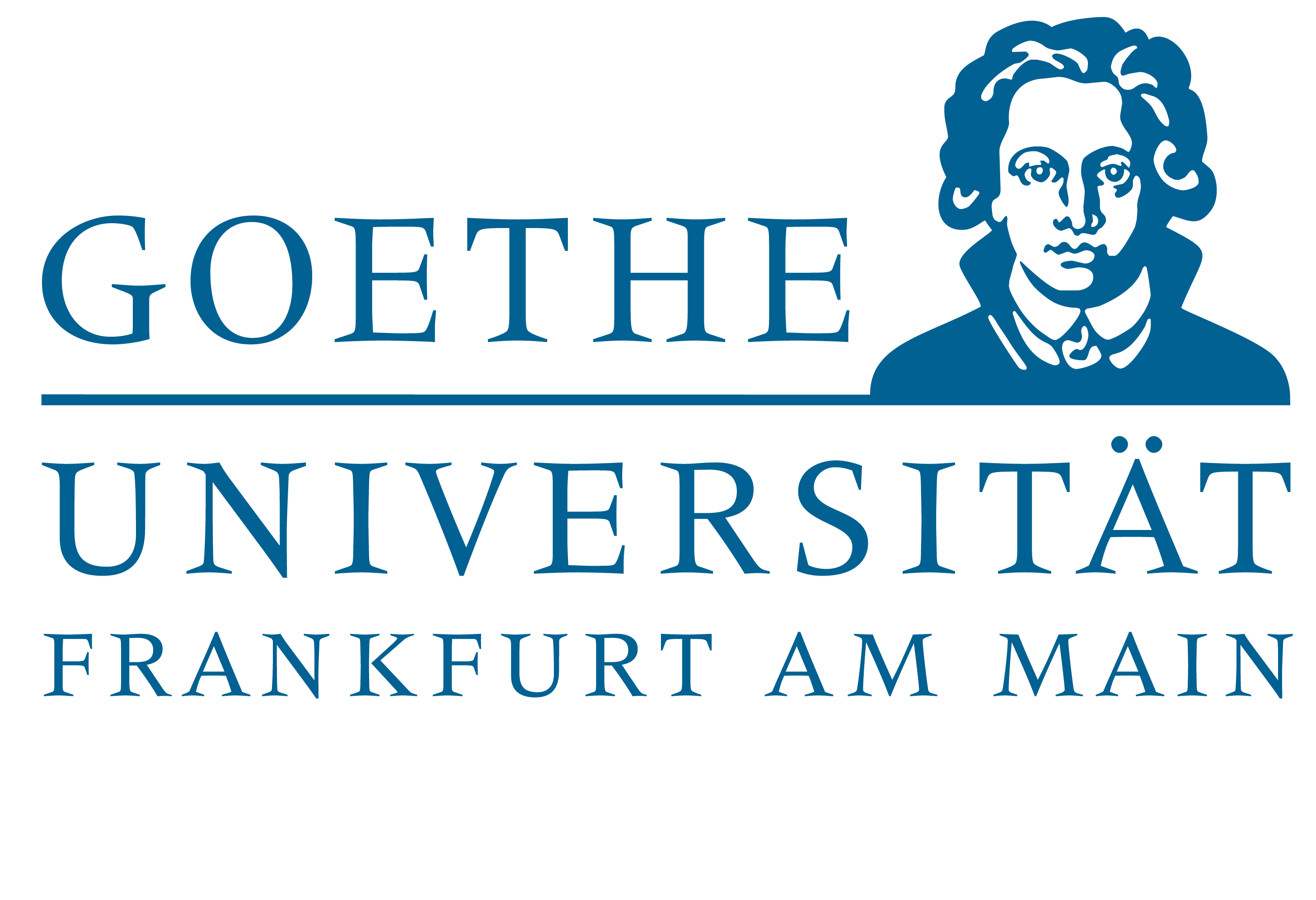Resolving the Neg-Raising paradox
Neg-Raising (NR) concerns the phenomenon, illustrated in (1)-(2) below, where certain negated predicates (e.g. think, believe, expect) can give rise to readings where negation seems to take scope from an embedded clause. For instance, (1-a) may have a reading (1-b), alongside the literal interpretation where indeed I do not entertain the thought that you are right. The same, mutatis mutandis, holds for (2-a) and (2-b).
| (1) | a. | I don’t think you’re right. |
| b. | I think you’re not right. | |
| (2) | a. | I don’t believe you’re right. |
| b. | I believe you’re not right. |
By contrast, other predicates do not give rise to such inferences. Negated predicates like predict or claim lack readings where negation seems to take lower scope, as shown in (3)–(4) below. (3-a) does not have the reading in (3-b), and neither does (4-a) mean (4-b):
| (3) | a. | She doesn’t predict John is ill. |
| b. | She predicts John isn’t ill. | |
| (4) | a. | She doesn’t claim John is ill. |
| b. | She claims John isn’t ill. |
Predicates that can give rise to such readings are standardly referred to as Neg-Raising Predicates (NRPs). Readings invoked by negated NRPs where negation seems to take scope in an embedded clause are called NR readings.
NR is central to our understanding of the interaction of syntactic and semantic negation. Understanding NR enables us to understand how the position of a negative marker correlates with its semantic scope and how languages can vary with respect to that. NR has been approached from a syntactic and a semantic-pragmatic perspective, neither of which is able to explain the full range of phenomena. We plan to combine the results of previous studies of the PIs (Sailer, 2006, 2007; Zeijlstra, 2018; Mirrazi & Zeijlstra, 2021, to appear) to solve the apparent paradoxical behavior of NR. We will systematically explore non-typical cases of NR for Dutch, English, and German. We plan to include other languages as well. Given the expertise of the planned project employee and the contact of the PIs with native speakers, we intend to include two Iranian languages (Farsi and Kurdish), for which preliminary results show interesting contrasts with Germanic languages. In the second and the third funding periods, we will extend our typological findings and also further investigate the exact usage conditions for NR, something that is only possible after addressing out the research questions in the first funding period.
More about our project
You can find more information on our research activities on the personal pages of the project members.
Project Leaders

Prof. Manfred Sailer
Dep. of English and American Studies, GU Frankfurt

Prof. Hedde Zeijlstra
Dep. of English and American Studies, GU Frankfurt
Scientific Staff
Research Areas
Neg-raising, LF equivalence, Complement set anaphora, Horn clauses, cross-linguistic variation




